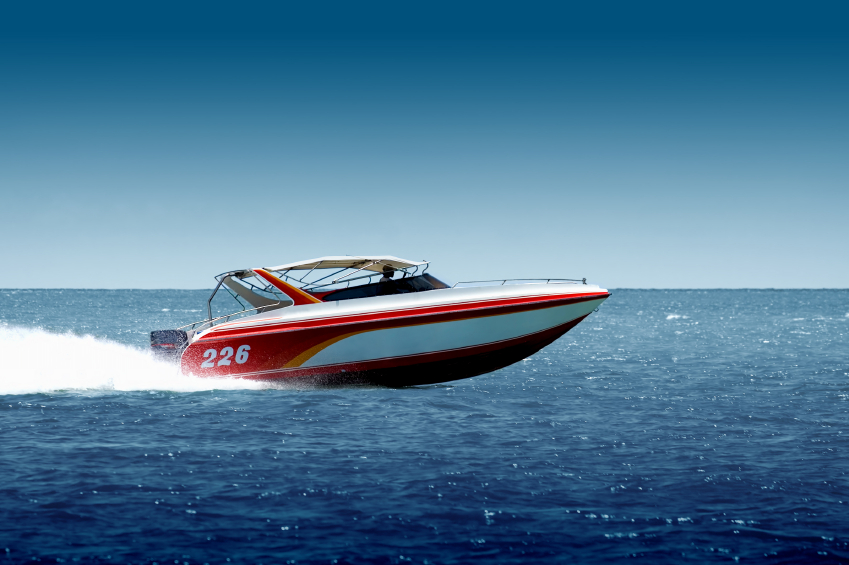 Boating is a common relaxing pastime among aqua-enthusiasts. Despite the prevalence of safety features on most boats, accidents still occur frequently. An accident involving your boat may entitle you to an insurance settlement and/or result in higher insurance premiums. If you don't want your premiums to rise, it's crucial to follow boat safety rules and avoid at-fault accidents.
Boating is a common relaxing pastime among aqua-enthusiasts. Despite the prevalence of safety features on most boats, accidents still occur frequently. An accident involving your boat may entitle you to an insurance settlement and/or result in higher insurance premiums. If you don't want your premiums to rise, it's crucial to follow boat safety rules and avoid at-fault accidents.
Out of the many boating safety rules currently in existence, there are 5 crucial ones which you shouldn’t ignore. If every boater followed these rules, boating accidents would significantly decrease.
Rule #1: Balance Your Boat's Weight
One of the main reasons for boat accidents is the uneven distribution of weight in many boats. A significant weight increase on one side of the boat without an equivalent increase of weight on the other will cause the boat to capsize.
In order to keep your boat afloat, distribute weight evenly throughout the boat. Keep your passengers' weight in mind as well as the weight of any cargo while boating. In an emergency, advise your passengers to stay away from the boat edges to avoid the weight shifting to one side.
Pay Attention to Speed Limits
Open waters usually have speed limits which many boaters ignore. Speed limit signs on the water feature orange circles with black numerals. These speed limits are placed in areas that have high concentration of boats such as beaches, swimming and docking areas. Keeping your speed below posted limits helps you avoid hitting other boats, objects and swimmers.
Avoid Boating When Intoxicated
You may be tempted to party while boating. However, intoxication is far more dangerous when boating than when driving a car. Your vision and boating skills are seriously impaired when you are under the influence of alcohol. Additionally, alcohol slows your reaction time, which can be fatal in an emergency, and zaps you have energy--you won't be able to swim to the shore if your boat capsizes.
Carry As Much Safety Equipment As Possible On Board
The law only requires your boat to carry specific safety equipment like floaters and fire extinguishers. However, you should carry all necessary safety equipment for your boating activities, regardless of whether it is legally required or not. Sporting, for example, requires different safety equipment than sailing.
Make Sure You Have Adequate Boat Lighting
Boating at night is very tricky due to reduced visibility.The sinking of the Titanic is an infamous example of this problem: the ship crashed into an iceberg that crew didn't see in time because of reduced visibility at night. To prevent a similar accident, your boat should be contain adequate exterior and interior lights for night trips. You should also have reflectors to boost your visibility to other boaters at night.
At Casey Insurance Group, we are experts on boating safety requirements as well as on boat charter insurance. Please contact us at 888-537-1412 for assistance with your boat insurance needs.